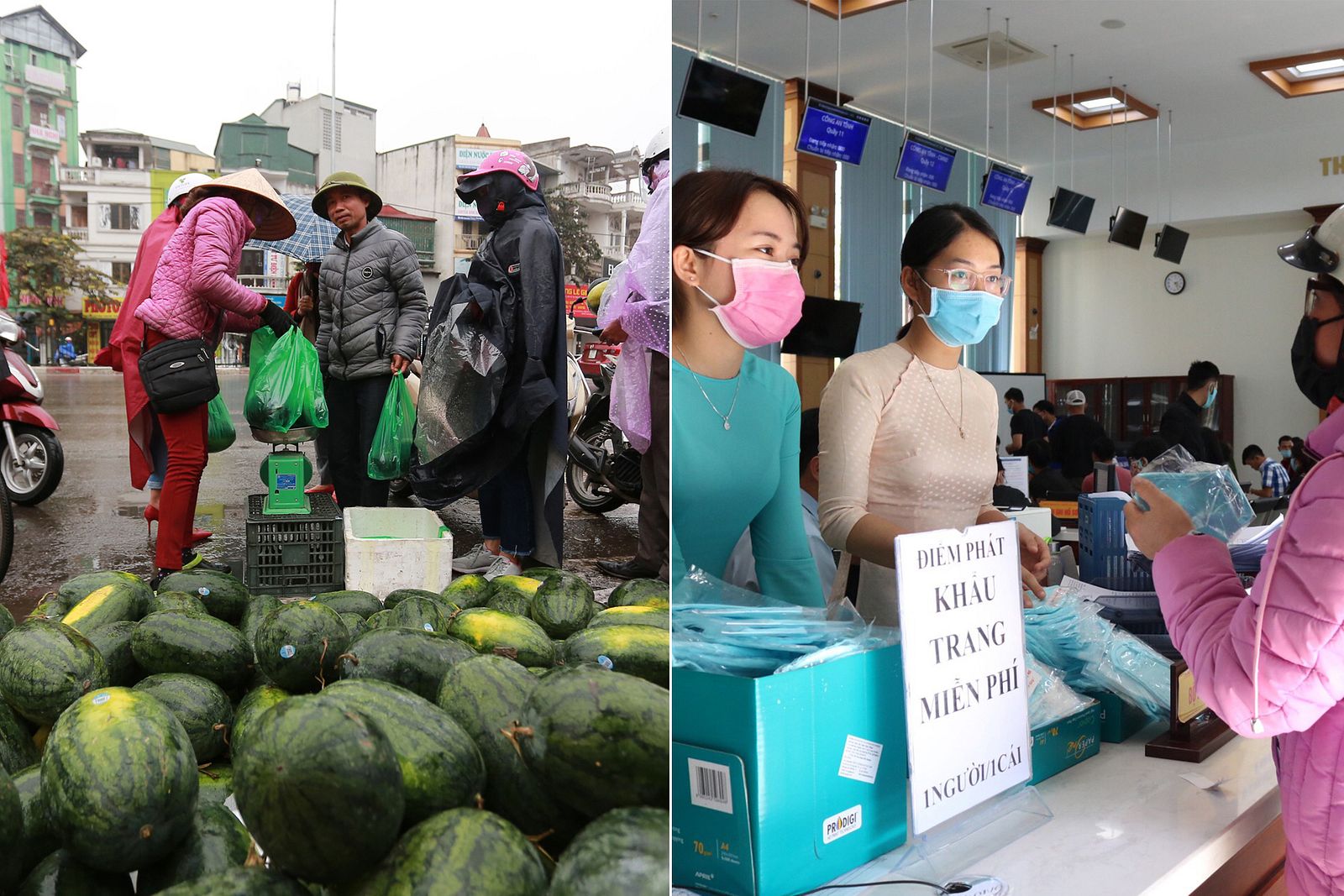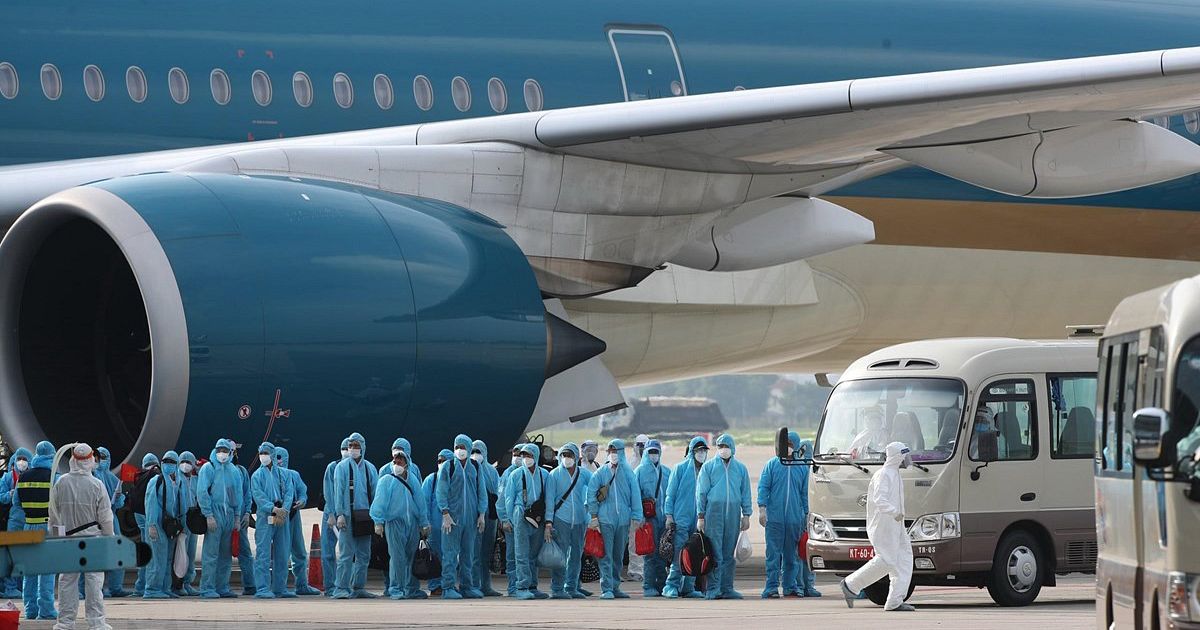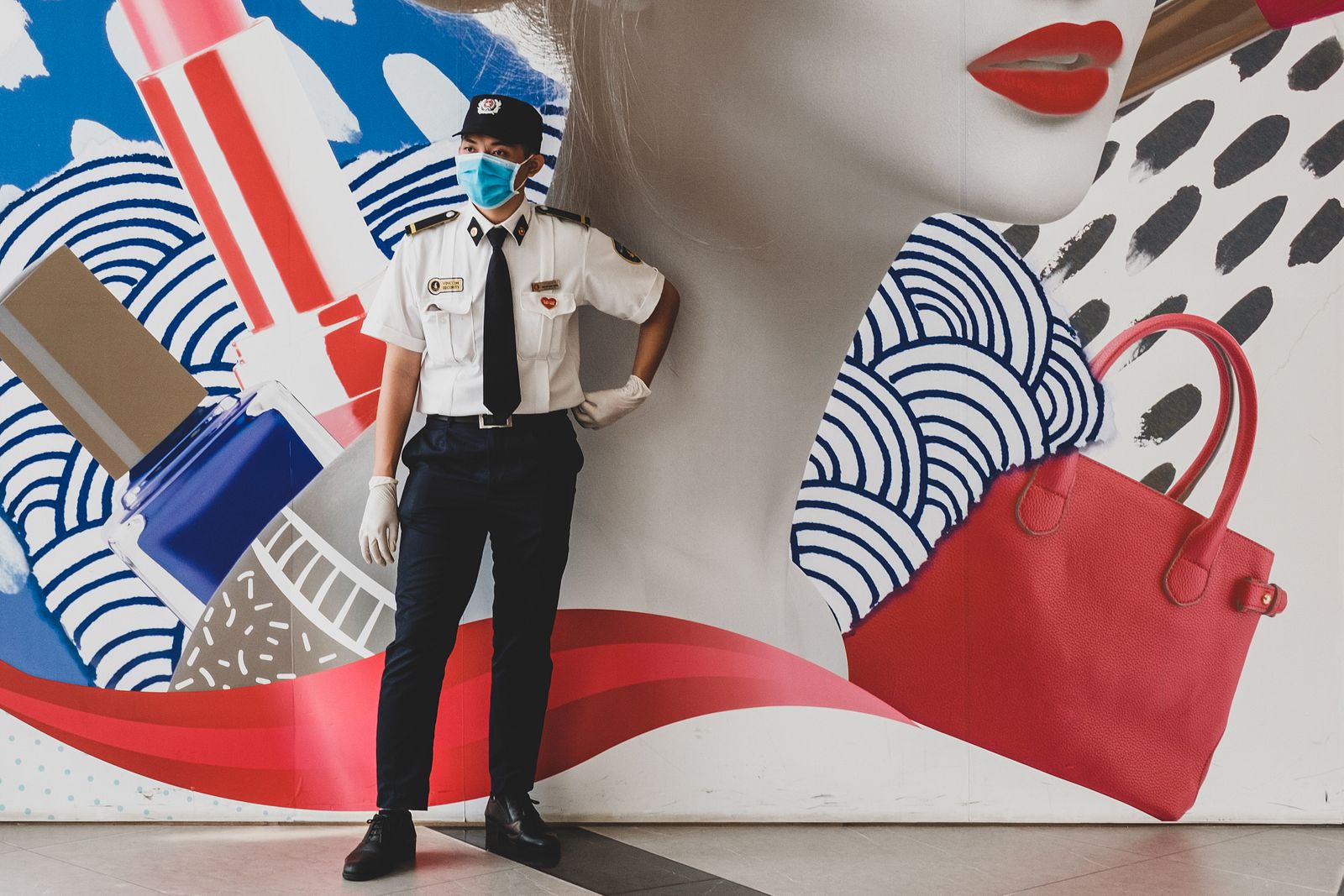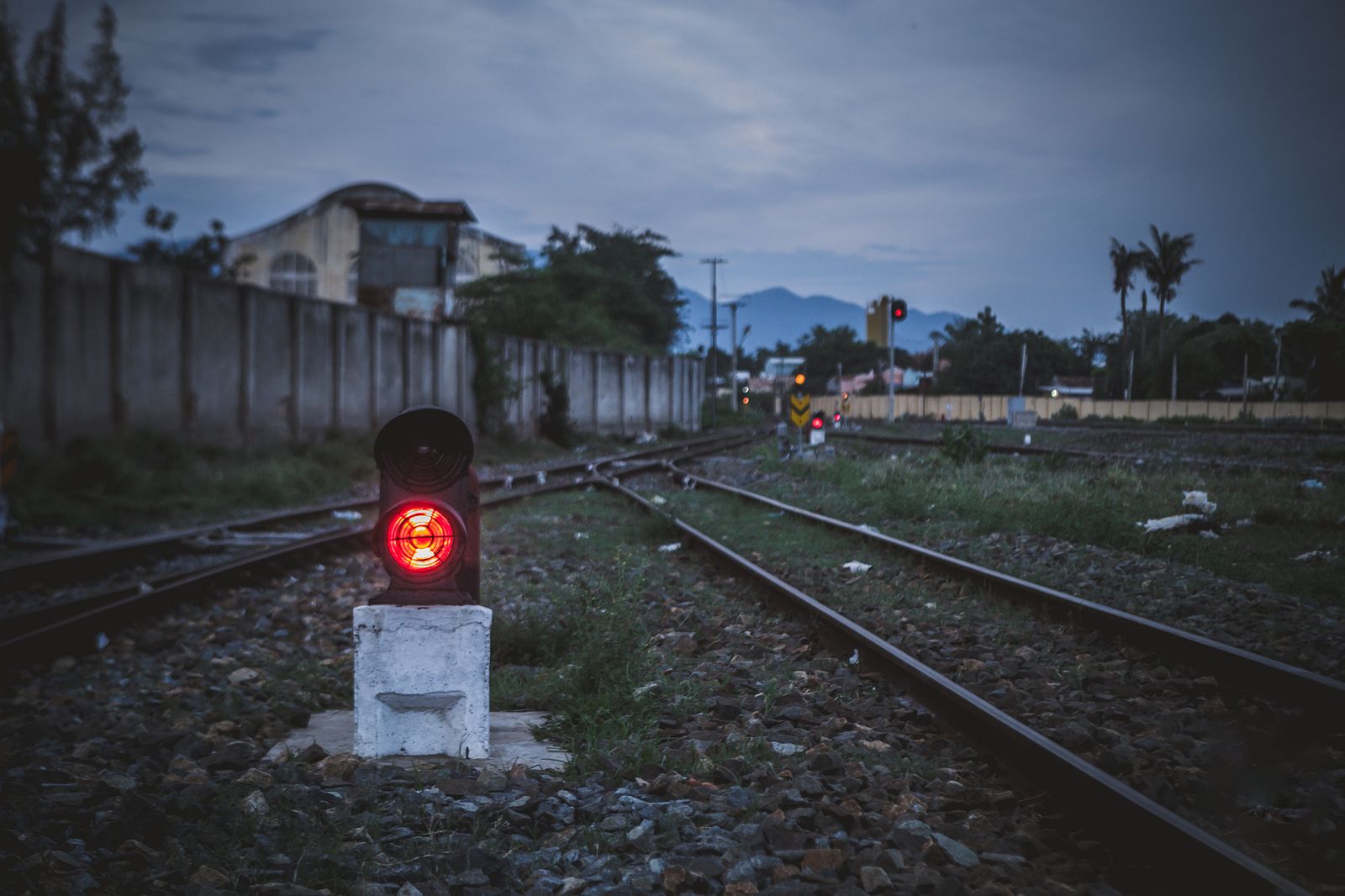In the 2011 medical thriller Contagion, directed by Steven Soderbergh, after an unknown disease strikes the US and then most of the planet, viewers witness a rapidly unraveling world where social decay and mistrust give rise to rampant looting, violence and conspiracy theories.
During the days following the announcement that cases of Covid-19, a novel strain of coronavirus originating from Wuhan, China, were confirmed in Vietnam, for a moment it seemed that the line between life and art was becoming too blurry for comfort.
Across Vietnam, amid the Tet holiday, boxes of hand sanitizer and surgical masks at pharmacies were polished off by anxious patrons. Then, a short-term lack of supply and frenzied demand drove the prices of these highly sought-after items sky-high; a black market formed online; unprecedented queues snaked around the few drugstores with the last remaining stock.
Almost a month later, the initial panic has somewhat subsided, but an atmosphere of wariness still lingers in daily interactions as schools enter the third consecutive week of shutdown and hundreds are still quarantined after returning from outbreak regions. Still, amid the anxiety, there are glimmers of humanity and whimsy that have demonstrated the resilience of our society in the face of a novel plague. Here are some wholesome stories from across Vietnam to lighten your start of the week.
The Fruit Saviors
Since Covid-19 started wreaking havoc in China, the local governments of Yunnan and Guangxi provinces have announced the stoppage of all border markets and trading activities, at least until the end of February. The border closure might play a role in minimizing the spread of the novel coronavirus between the two countries, but it has caused headaches for many Vietnamese produce exporters whose watermelons and dragon fruit have been stuck at various border crossings for weeks.

At a watermelon giveaway on An Duong Vuong Street. Photo by Tam Nguyen via Phu Nu.
On February 10, Thanh Nien reported that there were still 500 containers of watermelons, dragon fruit and jackfruit waiting at a closed border crossing in Lang Son. According to truck drivers, only the Huu Nghi Crossing is still open, but the vetting process is intense, and only 25 trucks are allowed through per day. Elsewhere in Vietnam, many plantations are also struggling, as fruit is ripening fast without anywhere to distribute now that Chinese export channels are cut off.
In response to the bulk of fruits in limbo, many good Samaritans have carried out “rescues” to take the pressure off farmers. Last week, an anonymous District 5 resident bought 10 tons of watermelons from Gia Lai farms and gave them out for free on the pavement of An Duong Vuong Street. Each passerby was entitled to two melons, while they could also donate to help farmers in any amount. Other similar free watermelon distribution points have popped up all over Saigon, while in Hanoi, the Qatari Embassy also “rescued” four tons of melons from farmers.

People queue to receive free watermelons on Tran Phu Street. Photo by Le Phong via Nguoi Lao Dong.
According to Do Thi Tuong, who sponsored a watermelon giveaway on Tran Phu Street on February 6, the price of watermelons at plantations has dropped to VND800–2,000 a kilogram, making it impossible for growers to even make ends meet. She bought 18 tons of the fruit at VND4,300 per kilogram and collaborated with District 5 officials to establish a giveaway point.

Freshly baked bánh mì thanh long. Photo by Giang Vu via Thanh Nien.
For more inventive members of the city, the excess of dragon fruit is the perfect starting point to bake dragon fruit bánh mì. This is the latest creation of Kao Sieu Luc, owner and chef at ABC Bakery. At the bakery's Nguyen Trai outlet, dragon fruit “rescued” from farms in Binh Thuan are blended and quickly frozen. The fruit purée is added to bánh mì dough and kneaded; the results are batches of bánh mì thanh long that bear a distinctive magenta shade of the dragon fruit and are dotted with black seeds. According to Luc, his bakery presented the test batches in February 8, using from 200 to 250 kilograms of pink dragon fruit a day. This week, that has ballooned to one ton of fruit a day.

Kao Sieu Luc invented a way to use dragon fruit in baking bánh mì. Photo by Tran Quynh via CafeLand.
Face Masks: The New Commodity
Against a novel virus that predominantly spreads through air droplets, face masks and hand satinizer have turned into critical commodities in many communities. Not just in Vietnam, the hunger for masks has infected many nations, from Indonesia and France to the US. The craze has destabilized the local market so much that the Vietnamese government has imposed heavy punishments on vendors that purposely inflate the prices to make a quick buck.

11-year-old Andy Dao Nguyen in Hanoi used his Tet lucky money to buy face masks to give out. Photo by Pham Huu via Thanh Nien.
Across Vietnam, however, scores of public and private entities — from schools, supermarkets and pharmacies to private citizens — have started giving out masks for free.
In Saigon, the tourism department, in a joint effort with a few tour agencies, gave away 100,000 face masks to tourists at the Central Post Office, Notre-Dame Cathedral and Opera House from February 2 to 10. Pharmacies in Da Lat, Da Nang, Ninh Thuan and Saigon also had similar projects, while a young Hanoian has made the rounds on social media for using all his lì xì money to purchase masks for donation.
A group of 20 high school students in Lao Cai, on the other hand, decided to try their hand at making sanitizing solutions using the World Health Organization’s instructions. Thai Ba Minh, a team member, told Thanh Nien that they initially only planned to make enough to give to classmates and teachers, but the project was so well-received that they expanded the production. Last week, the group completed 2,000 bottles of hand sanitizer to donate to other schools in the province, including some in remote communities and border towns
Minh explained that they had the help of their chemistry teacher. The initial starting cost of VND20 million came from their own savings and financial assistance from parents and teachers. Since then, they have received VND8 million in donations and are planning to produce more.
Humor in the Age of Mass Quarantine
A story published by Tuoi Tre on February 9 allows readers a peek inside Lao Cai’s makeshift quarantine area for Vietnamese citizens who returned from China. The facility was repurposed from the local provincial military school, and is currently acting as living quarters for 216 citizens. Every afternoon, to entertain themselves and add a touch of lightheartedness to the grim situation, a group of ladies started having impromptu dance sessions. The choreography leans more towards freestyle and the music is simply blasted from cellphones, but the activities seem to work wonders to lift everyone’s spirits. And the photos look kickass, too.

A group of ladies dances while in quarantine. Photo by Nguyen Khanh via Tuoi Tre.
Where will we see creativity in the age of quarantine go next?














